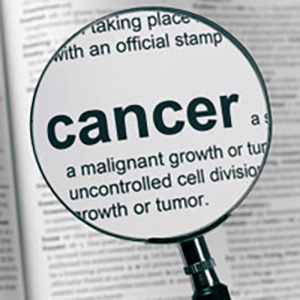Psychological and sexual problems of cancer survivors

Supplementary material: 145
All claims expressed in this article are solely those of the authors and do not necessarily represent those of their affiliated organizations, or those of the publisher, the editors and the reviewers. Any product that may be evaluated in this article or claim that may be made by its manufacturer is not guaranteed or endorsed by the publisher.
Authors
Objective: To explore: 1) the unmet needs of breast cancer patients; 2) the sexual needs experienced by breast cancer survivors; 3) the experiences of cancer patients at the time of relapse, including the biopsychosocial-spiritual aspects of their experiences. Materials and Methods: Interpretative phenomenological qualitative research by conducting direct in-depth interviews with participants who met the inclusion criteria. Sample analyzed were breast cancer survivors who had experiences related to unmet needs (14 participants) or sexual problems (12 participants); adult cancer patients who experienced recurrences (10 participants). Results: Themes identified for breast cancer patients with unmet needs were i) overcoming health problems in breast cancer survivors; ii) need to access the best health services; iii) women’s unmet information needs concerning cancer treatment. For breast cancer survivors: i) information is needed to overcome sexual problems, ii) family support is needed to get sexual information, and iii) health care facilities need to provide sexual information. For patients experiencing recurrences: i) the reaction that occurs when receiving bad news; ii) efforts made during a relapse, iii) self-concept during a relapse. Conclusions: Health-related problems of breast cancer survivors, such as fatigue and fear of cancer recurrence, can lead them to have trouble with social relationships, question their spirituality, and struggle with sex and sexuality. Oncology nurses and other professionals need to be aware of the unmet needs of breast cancer survivors, especially in relation to resolving the sexuality issues of cancer survivors. Understanding of the experiences of patients with relapse of different types of cancer should be improved.
How to Cite

This work is licensed under a Creative Commons Attribution-NonCommercial 4.0 International License.
PAGEPress has chosen to apply the Creative Commons Attribution NonCommercial 4.0 International License (CC BY-NC 4.0) to all manuscripts to be published.

 https://doi.org/10.4081/aiua.2023.11473
https://doi.org/10.4081/aiua.2023.11473



